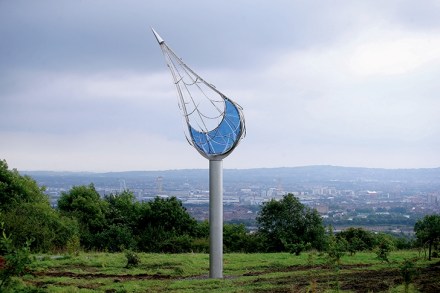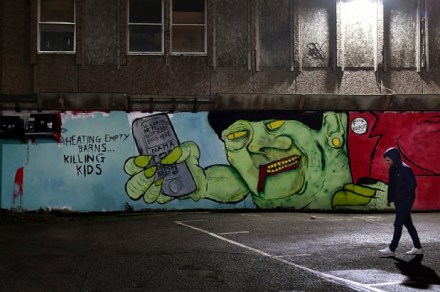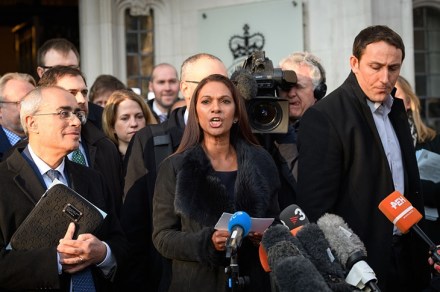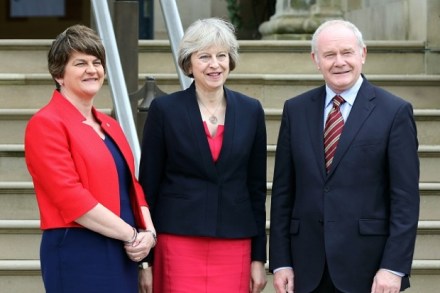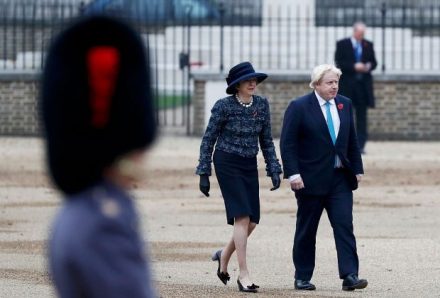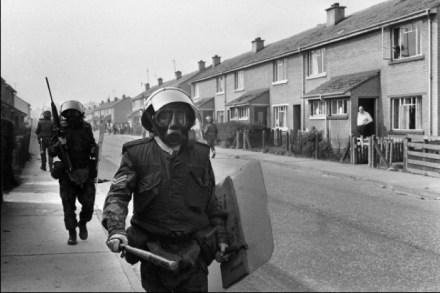What’s That Thing? Award for bad public art 2017
Imagine climbing the hills that surround Belfast and stumbling upon this 11-metre-high steel bollock. ‘It will be visible from a number of different points throughout the city,’ coos the Arts Council. Haven’t the people of Northern Ireland suffered enough? ‘Origin’ is the winner of our second What’s That Thing? Award for the worst new public art of the past year. The creators claim the six-metre ‘raindrop’ stuck on top of a five-metre pole represents the ‘elegant flow’ of the Farset River and ‘appears to hover’. Hover? Do you think they know what the word means? Clumsy, aggressive, cheap-looking (despite costing £100,000), it’s the very opposite of a raindrop. Like the
